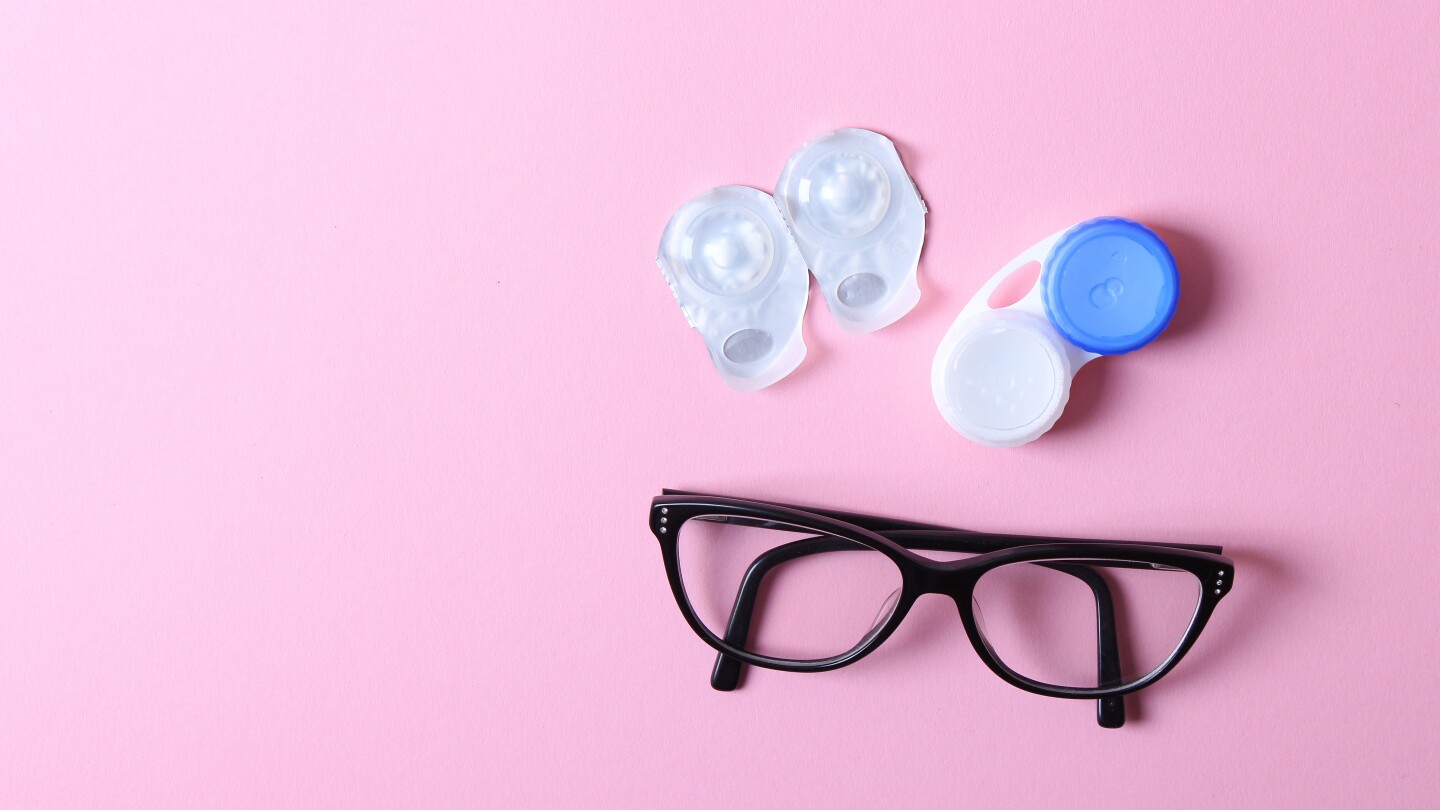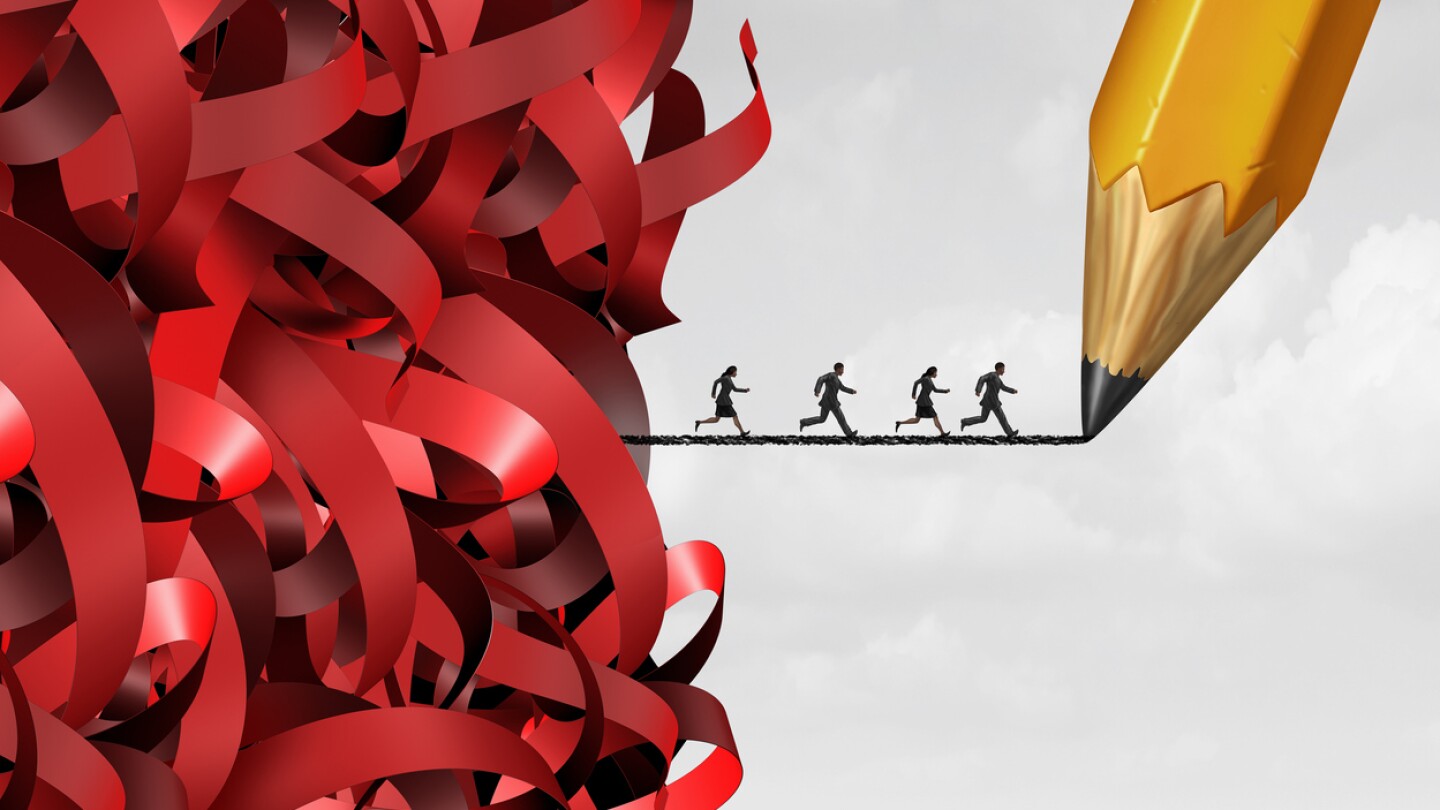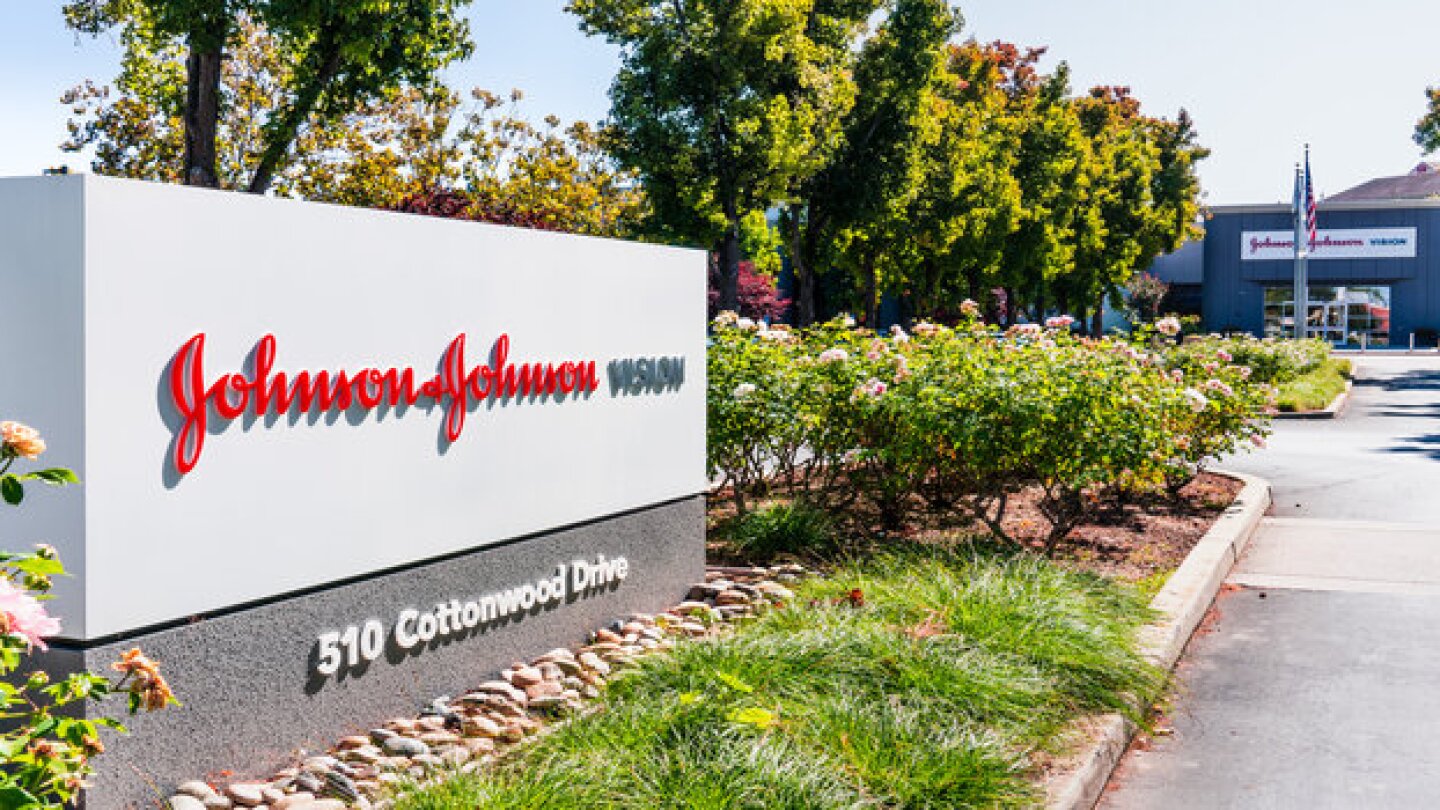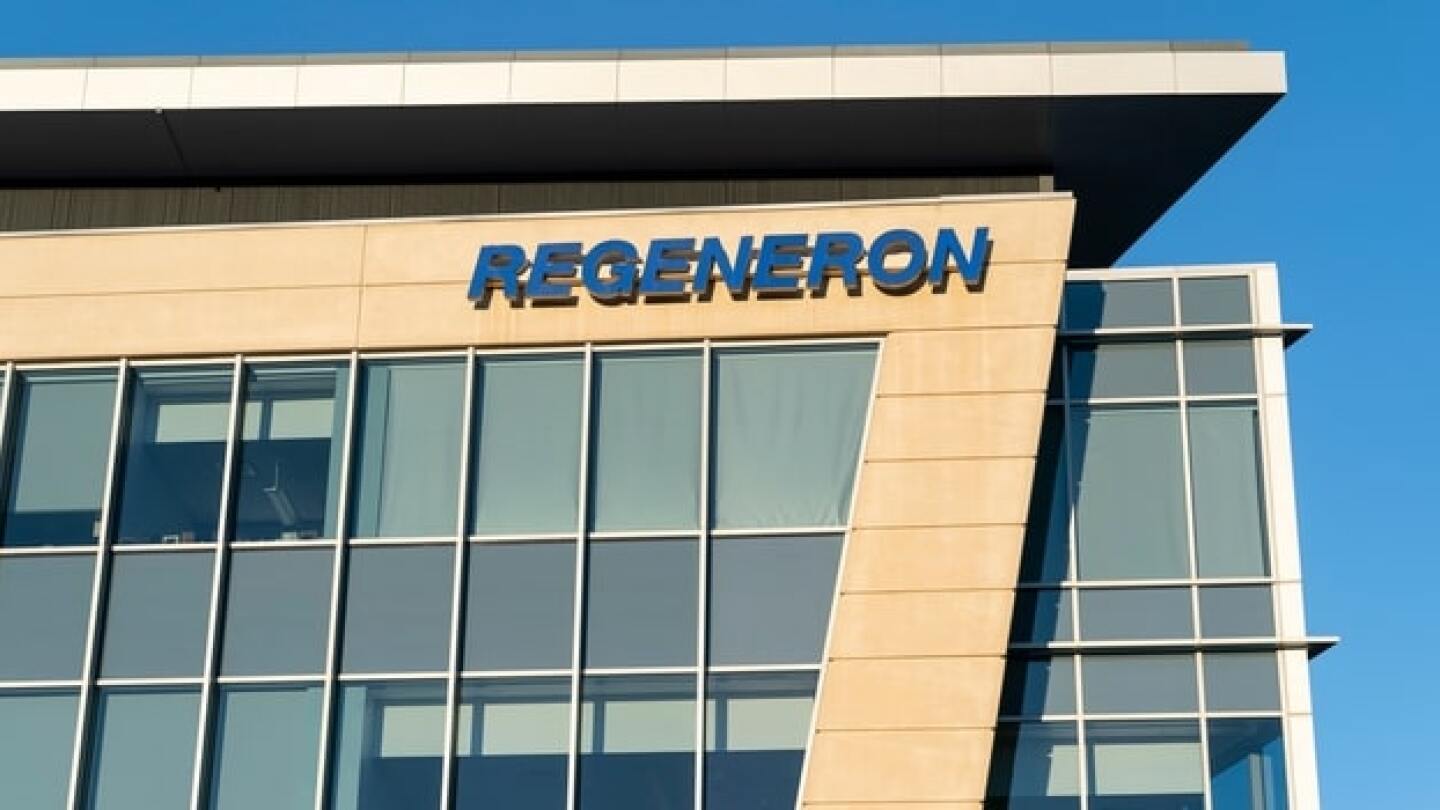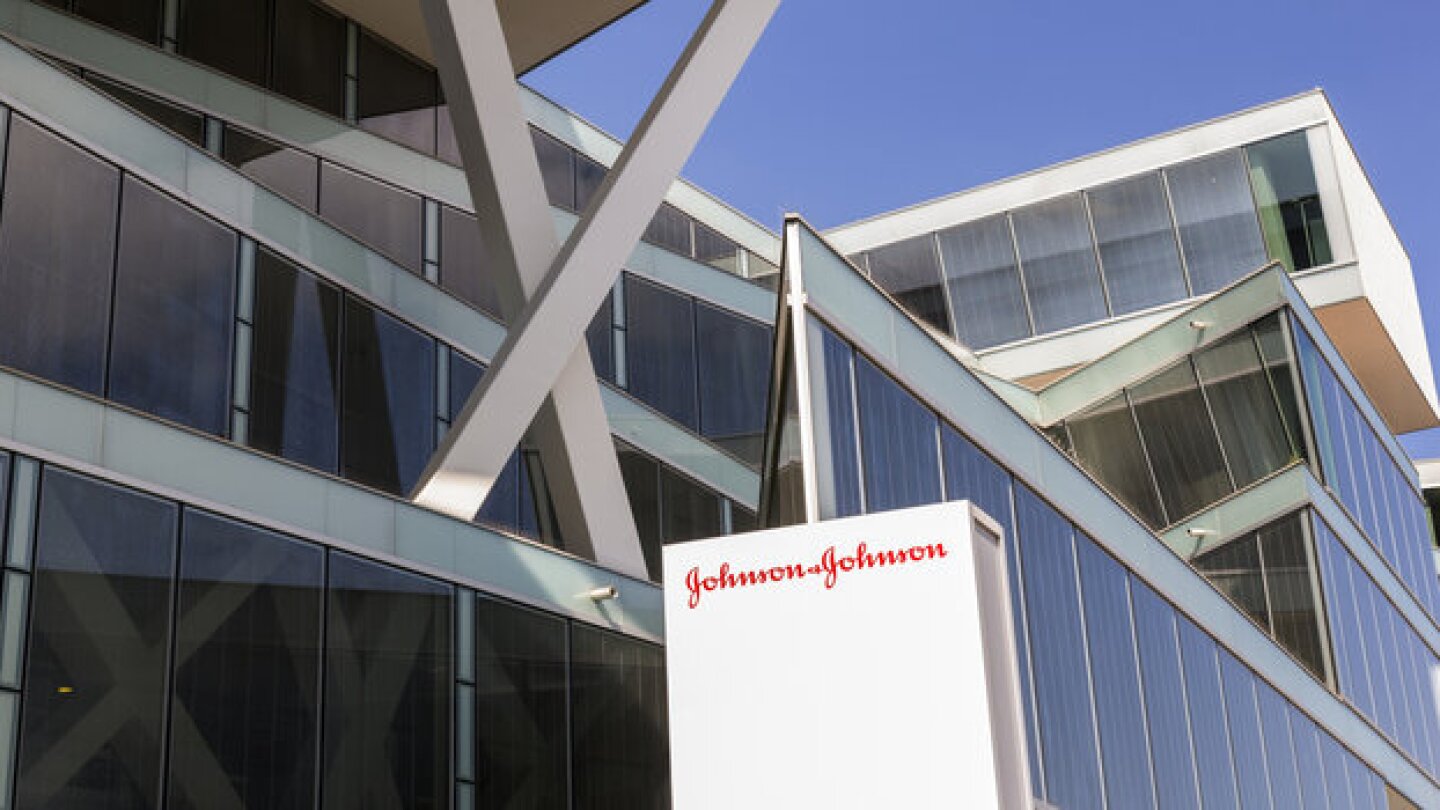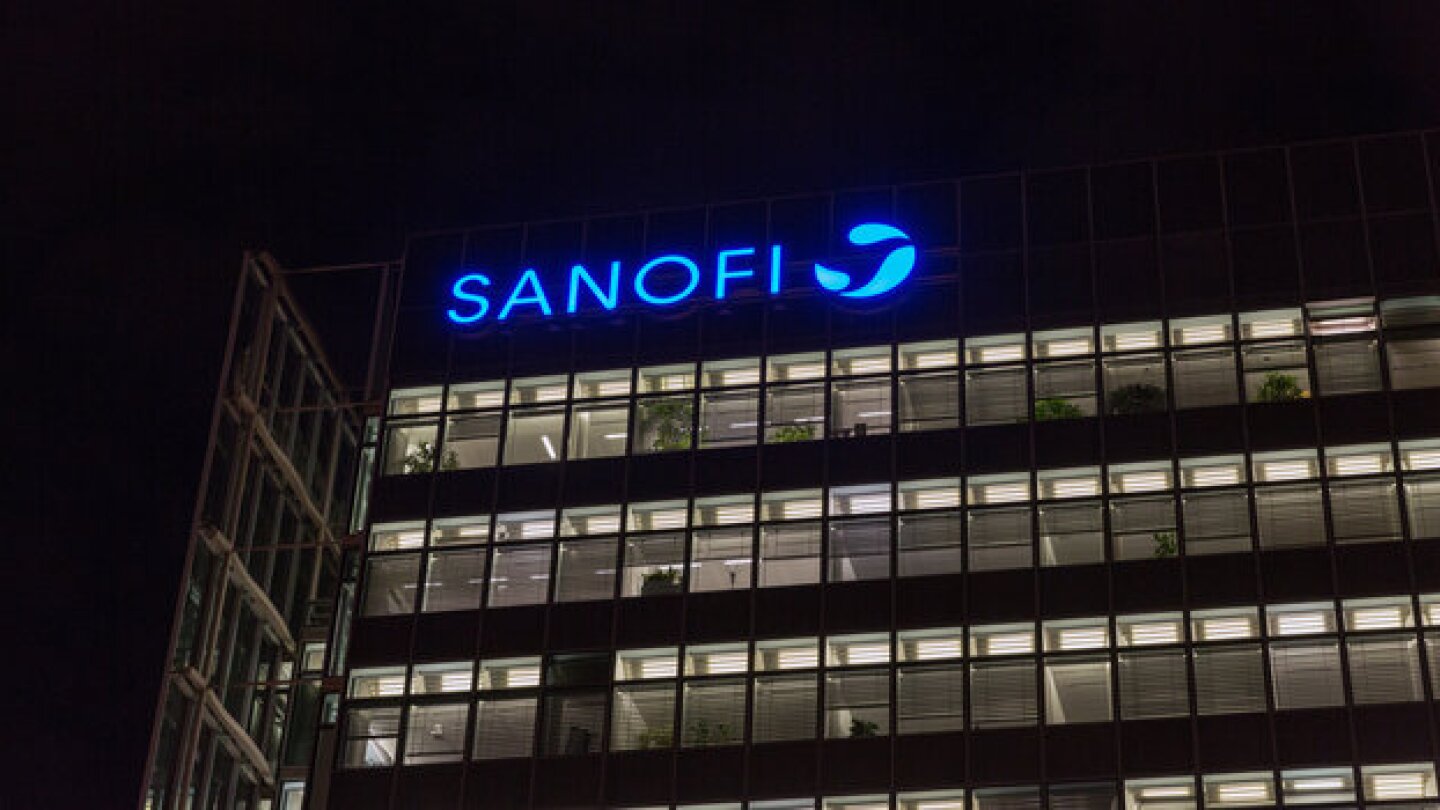Biosimilars
Generic versions of biologic drugs could hit the market without human trials and allow the market forces to bring down costs, HHS leaders said while announcing new draft guidance.
Keytruda is set to lose exclusivity in 2028, meaning Summit may face competition from cheaper biosimilars. Meanwhile, other branded drugmakers are also seeking to improve on the blockbuster checkpoint inhibitor.
AbbVie’s Humira was the top-selling drug in the world for many years. Now, its sales are eroding as doctors switch to biosimilars and new options enter the market.
The Eylea franchise was in need of a win after an appellate court last week denied the pharma’s bid to block Amgen’s biosimilar from the U.S.
Biosimilars are essential healthcare equalizers, but their regulation is overly complicated due to lobbying by makers of branded biologics looking to maintain blockbuster revenue.
The label expansion could help J&J establish Tremfya as a successor to Stelara, which is now facing a growing biosimilar challenge.
The appeals court for the Federal Circuit upheld a lower court’s ruling, finding that Regeneron has not sufficiently established that Amgen’s biosimilar Pavblu violates key patents of Eylea.
Samsung Bioepis allegedly entered into an agreement with a third-party health company, allowing it to market its own private label of a Stelara biosimilar.
Merck’s Keytruda may be the most talked about drug facing loss of exclusivity but it’s far from the only one, as several of the industry’s top-performers are losing key market protections. Some companies are more prepared than others.
Merilog’s approval comes as the insulin space has over the past year suffered several setbacks, including strong calls for price caps and, potentially, the rise of the mammoth GLP-1 market.
PRESS RELEASES




